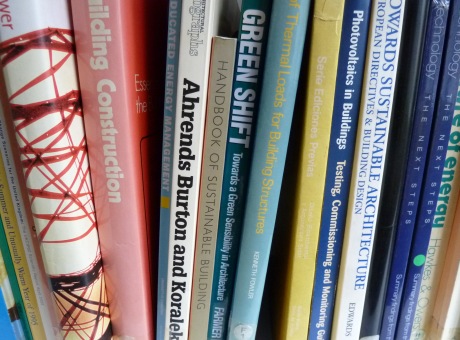Ecological Modernisation and Energy Transition in the Electricity Sector of China

31 August 2013
China may have rejected international climate change treaties perceived as potentially capable of impeding its growth. However, Chinese authorities seem to have also been recently following a deliberate state-driven “green growth” strategy to convert the Chinese electricity system into a low carbon energy system. This paper analyses the rationale behind China taking the leadership in the field of massive scale deployment and manufacturing of renewable energy technologies in the electricity sector, and also acting on energy efficiency but with mixed success. It examines the discourses and the policies that go with this apparent accelerated energy transition. It relates to ecological modernisation theories to understand how China is trying to move from its current status as one of the biggest emitters of CO2 emissions in the world to one of a responsible modern state; can this push toward low carbon electricity be effective in modifying the current energy system, taking into account the features of the current socio-economic and political Chinese system which has till yet favoured growth with limited considerations for its environmental implications? Furthermore, is this move compatible with a more and more fragmented authoritarian system? This paper focuses on institutional arrangements between the private sector and public administration which make the accelerated energy transition of China possible, but also the contradictions inherent to these arrangements which make them unstable. It concludes on the different versions of ecological modernisation theories available to describe the current energy transition in the particular context of China.
Ecological Modernisation and Energy Transition in the Electricity Sector of China. Presented at: 11th conference of the European Sociological Association Turino.
Lemaire, X.M.L. (2013)
The full text of this article is not available through UCL Discovery.
 Close
Close

